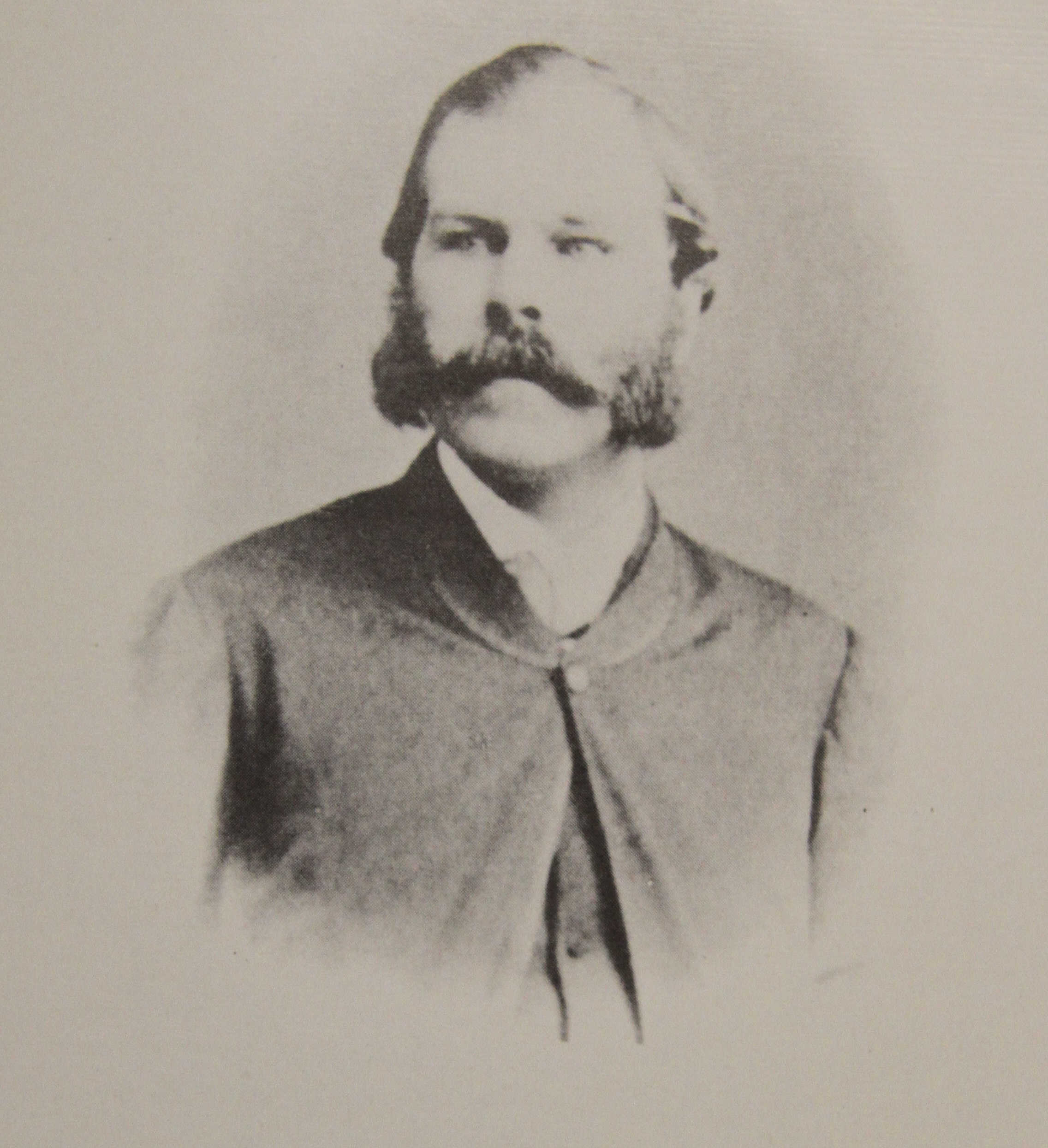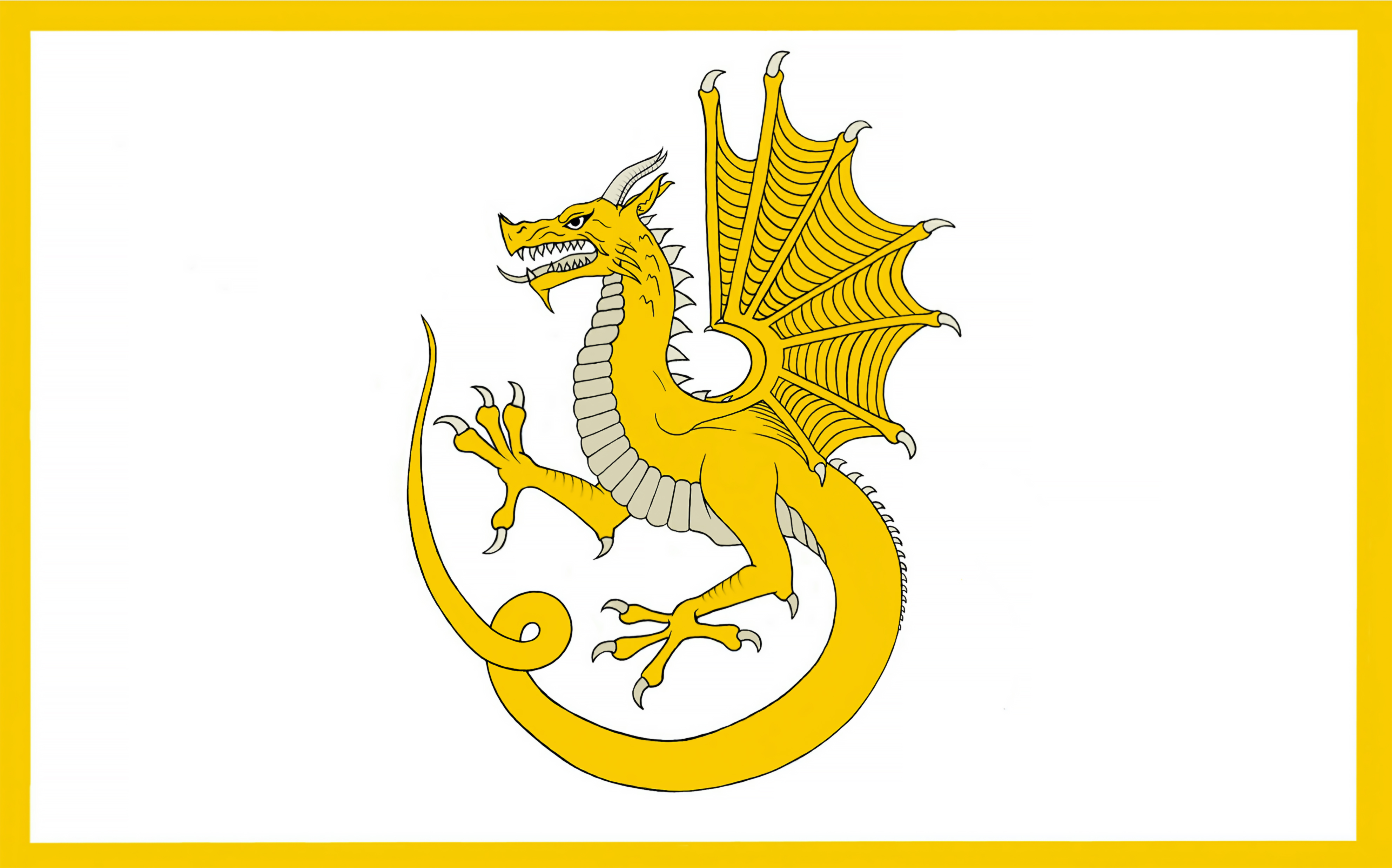|
Edward Aggas
Edward Aggas (fl. 1564–1601) was an English bookseller, printer, and translator. Early life Aggas was the son of Robert Aggas, of Stoke-near-Nayland, in Suffolk, and most likely a relative of Ralph Aggas, who was a native of the same area. Career Aggas was apprenticed to Humphrey Toy, stationer and citizen of London, for nine years, from Easter 1564, and probably took his freedom of the company about the period covered by the break in the records. We find him taking apprentices himself in 1577 and 1580, and down to 1601 his name appears from time to time in the registers (Arber's ''Transcript,'' vols. ii and iii). He brought out many theological works and translations from the French; to some of the latter the letters E. A. are affixed, giving rise to the opinion that they were translated by Aggas himself. Ames says that he was more of a bookseller than printer, and dwelt at the sign of the Dragon in the west end of St. Paul's Churchyard. His device was a wyvern A wyv ... [...More Info...] [...Related Items...] OR: [Wikipedia] [Google] [Baidu] |
Floruit
''Floruit'' (; abbreviated fl. or occasionally flor.; from Latin for "they flourished") denotes a date or period during which a person was known to have been alive or active. In English, the unabbreviated word may also be used as a noun indicating the time when someone flourished. Etymology and use la, flōruit is the third-person singular perfect active indicative of the Latin verb ', ' "to bloom, flower, or flourish", from the noun ', ', "flower". Broadly, the term is employed in reference to the peak of activity for a person or movement. More specifically, it often is used in genealogy and historical writing when a person's birth or death dates are unknown, but some other evidence exists that indicates when they were alive. For example, if there are wills attested by John Jones in 1204, and 1229, and a record of his marriage in 1197, a record concerning him might be written as "John Jones (fl. 1197–1229)". The term is often used in art history when dating the career ... [...More Info...] [...Related Items...] OR: [Wikipedia] [Google] [Baidu] |
Stoke-near-Nayland
Stoke-by-Nayland is a village and civil parish in the Babergh district, in the county of Suffolk, England, close to the border with Essex. The parish includes the village of Withermarsh Green and the hamlets of Thorington Street and Scotland Street. The village has many cottages and timber-framed houses and all surround a recreation field. Possibly once the site of a monastery, the population of the civil parish at the 2001 census was 703, falling to 682 at the Census 2011. History The village is first recorded in 946 in the will of Ælfgar, an Earl, where he endowed land to a community in the village, possibly a monastery. St Mary's Church The church was rebuilt in the 15th century and renovated in 1865, and appears several times in John Constable's paintings, though not always in the right place. The most notable feature is the red-brick tower; completed about 1470 and surmounted by stone spires, the buttresses are laced with canopied image niches. On the north side there i ... [...More Info...] [...Related Items...] OR: [Wikipedia] [Google] [Baidu] |
Ralph Aggas
Ralph Agas (or Radulph Agas) ( – 26 November 1621) was an English land surveyor and cartographer. He was born at Stoke-by-Nayland, Suffolk, in about 1540, and lived there throughout his life, although he travelled regularly to London. He began to practise as a surveyor in about 1566, and has been described as "one of the leaders of the emerging body of skilled land surveyors". Agas is particularly known for his large-scale town map of Oxford (surveyed 1578, published 1588). Early maps of London and Cambridge were also formerly attributed to him, but these attributions are no longer upheld. Life Agas was born in Stoke-by-Nayland, in Suffolk, probably between 1540 and 1545. By his own account, he began to practise as a land surveyor in about 1566. He is described at several points in his life as "deformed", "impotent", "lame" and a "cripple", but the precise nature of his disability is not known. He was ordained, and served from 1578 to 1583 as rector of Gressenhall, Norfolk. ... [...More Info...] [...Related Items...] OR: [Wikipedia] [Google] [Baidu] |
Humphrey Toy
Humphrey Toy (1537 – 16 October 1577) was a British bookseller and publisher, and the son of bookseller Robert Toy. In 1567, he published the first translation of New Testament in Welsh from the original Greek, translated by his close friend William Salesbury. Along with the Bible, Toy published the first translation of the Book of Common Prayer in Welsh, also translated by Salesbury. Early life Toy was born around 1537, the son of Robert Toy, a bookseller, and his wife who died in 1546. The Toy family was of Welsh origin. In 1551, Toy entered Queens' College, Cambridge as a sizar, but he left Cambridge before earning a degree. After Robert Toy died in 1556, most of his property passed to Toy's stepmother Elizabeth Toy with the provision that it would pass to Humphrey after her death. Until her death around 1558, Toy assisted his stepmother in running his father's shop and publishing interests. At some point during this period, Toy married Margaret Revell. Publishing c ... [...More Info...] [...Related Items...] OR: [Wikipedia] [Google] [Baidu] |
Wyvern
A wyvern ( , sometimes spelled wivern) is a legendary winged dragon that has two legs. The wyvern in its various forms is important in heraldry, frequently appearing as a mascot of schools and athletic teams (chiefly in the United States, United Kingdom, and Canada). It is a popular creature in European literature, mythology, and folklore. Today, it is often used in fantasy literature and video games. The wyvern in heraldry and folklore is rarely fire-breathing, unlike four-legged dragons. Etymology According to the ''Oxford English Dictionary'', the word is a development of Middle English ''wyver'' (attested fourteenth century), from Anglo-French ''wivre'' (cf. French ''guivre'' and ''vouivre''), which originate from Latin ''vīpera'', meaning "viper", "adder", or "asp". The concluding "''–n''" had been added by the beginning of the 17th century, when John Guillim in 1610 describes the "''wiverne''" as a creature that "partake of a Fowle in the Wings and Legs ... and doth ... [...More Info...] [...Related Items...] OR: [Wikipedia] [Google] [Baidu] |
Gregory Seton
Gregory may refer to: People and fictional characters * Gregory (given name), including a list of people and fictional characters with the given name * Gregory (surname), a surname Places Australia *Gregory, Queensland, a town in the Shire of Burke ** Electoral district of Gregory, Queensland, Australia *Gregory, Western Australia. United States *Gregory, South Dakota *Gregory, Tennessee *Gregory, Texas Outer space *Gregory (lunar crater) * Gregory (crater on Venus) Other uses * "Gregory" (''The Americans''), the third episode of the first season of the television series ''The Americans'' See also * Greg (other) * Greggory * Gregoire (other) * Gregor (other) * Gregores (other) * Gregorian (other) * Gregory County (other) * Gregory Highway, Queensland * Gregory National Park, Northern Territory * Gregory River in the Shire of Burke, Queensland * Justice Gregory (other) * Lake Gregory (other) Lake Gr ... [...More Info...] [...Related Items...] OR: [Wikipedia] [Google] [Baidu] |
16th-century Births
The 16th century begins with the Julian year 1501 ( MDI) and ends with either the Julian or the Gregorian year 1600 ( MDC) (depending on the reckoning used; the Gregorian calendar introduced a lapse of 10 days in October 1582). The 16th century is regarded by historians as the century which saw the rise of Western civilization and the Islamic gunpowder empires. The Renaissance in Italy and Europe saw the emergence of important artists, authors and scientists, and led to the foundation of important subjects which include accounting and political science. Copernicus proposed the heliocentric universe, which was met with strong resistance, and Tycho Brahe refuted the theory of celestial spheres through observational measurement of the 1572 appearance of a Milky Way supernova. These events directly challenged the long-held notion of an immutable universe supported by Ptolemy and Aristotle, and led to major revolutions in astronomy and science. Galileo Galilei became a champion ... [...More Info...] [...Related Items...] OR: [Wikipedia] [Google] [Baidu] |
English Booksellers
English usually refers to: * English language * English people English may also refer to: Peoples, culture, and language * ''English'', an adjective for something of, from, or related to England ** English national identity, an identity and common culture ** English language in England, a variant of the English language spoken in England * English languages (other) * English studies, the study of English language and literature * ''English'', an Amish term for non-Amish, regardless of ethnicity Individuals * English (surname), a list of notable people with the surname ''English'' * People with the given name ** English McConnell (1882–1928), Irish footballer ** English Fisher (1928–2011), American boxing coach ** English Gardner (b. 1992), American track and field sprinter Places United States * English, Indiana, a town * English, Kentucky, an unincorporated community * English, Brazoria County, Texas, an unincorporated community * Engl ... [...More Info...] [...Related Items...] OR: [Wikipedia] [Google] [Baidu] |
English Printers
English usually refers to: * English language * English people English may also refer to: Peoples, culture, and language * ''English'', an adjective for something of, from, or related to England ** English national identity, an identity and common culture ** English language in England, a variant of the English language spoken in England * English languages (other) * English studies, the study of English language and literature * ''English'', an Amish term for non-Amish, regardless of ethnicity Individuals * English (surname), a list of notable people with the surname ''English'' * People with the given name ** English McConnell (1882–1928), Irish footballer ** English Fisher (1928–2011), American boxing coach ** English Gardner (b. 1992), American track and field sprinter Places United States * English, Indiana, a town * English, Kentucky, an unincorporated community * English, Brazoria County, Texas, an unincorporated community * Eng ... [...More Info...] [...Related Items...] OR: [Wikipedia] [Google] [Baidu] |
People From Stoke-by-Nayland
A person ( : people) is a being that has certain capacities or attributes such as reason, morality, consciousness or self-consciousness, and being a part of a culturally established form of social relations such as kinship, ownership of property, or legal responsibility. The defining features of personhood and, consequently, what makes a person count as a person, differ widely among cultures and contexts. In addition to the question of personhood, of what makes a being count as a person to begin with, there are further questions about personal identity and self: both about what makes any particular person that particular person instead of another, and about what makes a person at one time the same person as they were or will be at another time despite any intervening changes. The plural form "people" is often used to refer to an entire nation or ethnic group (as in "a people"), and this was the original meaning of the word; it subsequently acquired its use as a plural form of per ... [...More Info...] [...Related Items...] OR: [Wikipedia] [Google] [Baidu] |




_1938.jpg)